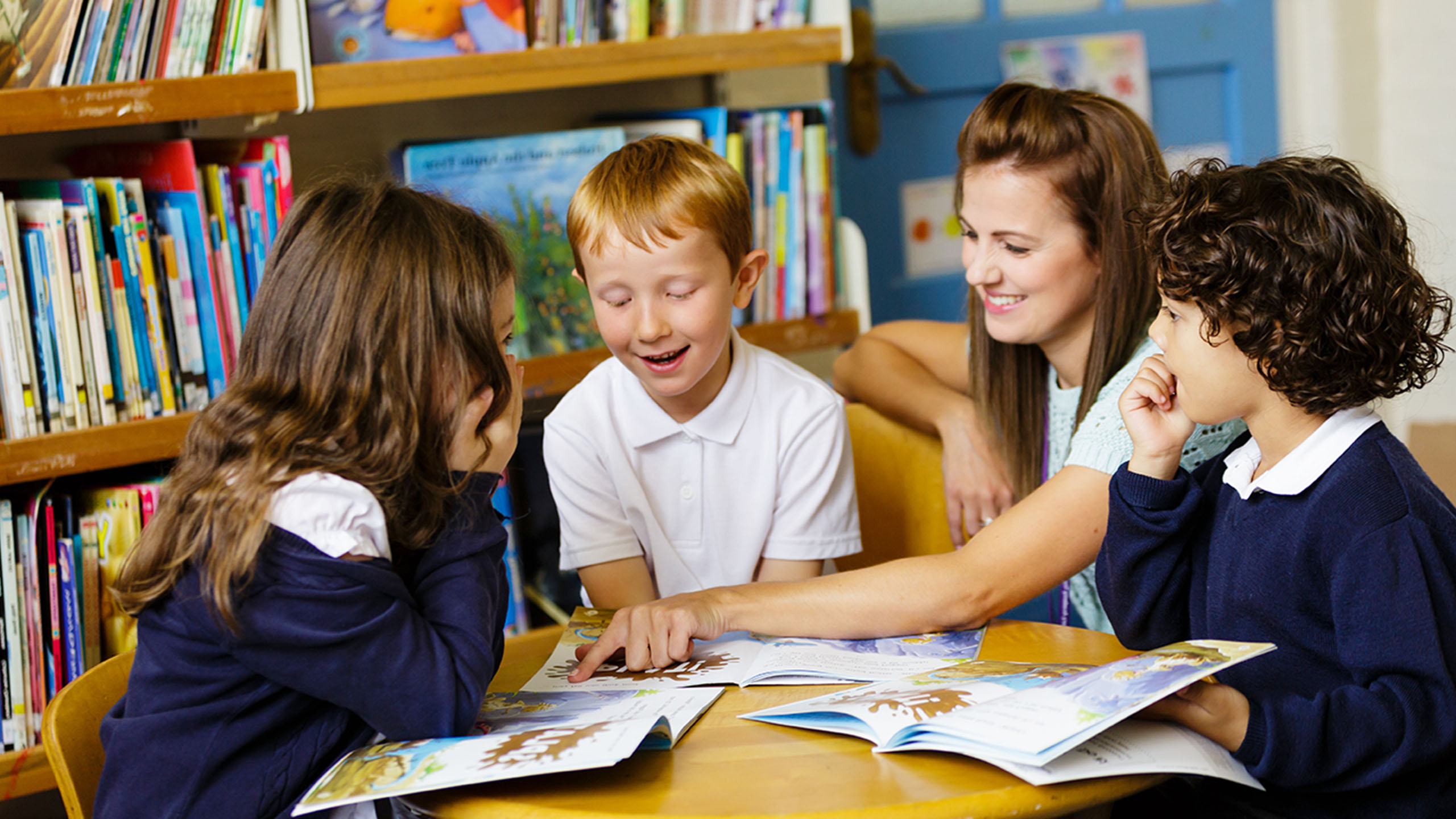Welcome to ‘A Mind to Teach’ Summer School (1 of 6)

In the run up to the Launch of the online training in September, Steve Carr will be publishing a series of 6 blogs that outline the ‘A mind to teach’ approach to teaching and learning. This first article looks at the fundamental importance of relationships in teaching. Subsequent articles will look at aspects of the teaching and learning relationship from a relational/psychological standpoint.
Titles include:
- Teacher Know Thyself
- Power and Thoughtfulness
- Psychic Defences; Paper Darts asking for Help
- Authentic Leadership in the Classroom
- Leading Teams; How groups work and why teams sometimes don’t
My hope is that you will enjoy the blogs somewhere peaceful and sunny, maybe before a swim or as the barbecue gets hot enough to roast your peppers on! Leave comments, send questions, share if you like them and look out for my webinar on August 26th 2020! I’ll keep you posted. Have a great summer!

Teaching is much more than saying the words in the right order
There is a subject that many teachers know is the heart of success in the classroom: positive learning relationships with pupils. If you have a good relationship with students in your room, they will learn from you; if you don’t, they won’t. And it’s not just about whether they like you or not. A ‘good relationship’ is a complex matrix.
In the quest for meaningful knowledge, there is not just the relationship between the people in the room that is important, but also the relationship both the teacher and the learner create with learning itself. Plus, let’s not forget, the relationships the teacher has with their job as ‘teacher’. It’s not as simple as whether they like you or not, it’s more that the environment that you create between yourself and the pupils is one that is able to meet what comes and still support learning and growth with honesty and optimism.

Curriculum objects
Psychologist Deborah Britzman called the learning that flows, or doesn’t, between teacher and learner “curriculum objects…”. She was referring not to the actual cold content but to the attendant feelings that come with the content. Two teachers may teach the same material but it’s the one that wraps the content in meaning and passion and purpose that will connect the learning to the learner.
Learning is an abstract concept. What is it to ‘learn’ something? It’s not like drinking something. If you have a drink in front of you and you swallow all of it, you can be pretty sure you have drunk it. Is it the same with learning? If you have a piece of learning in front of you, a poem say, and you read it, have you learned it? Maybe you learn it word for word. Even then, have you actually learned it? Well, you’ve memorised it but do you know what any of it means?
Swinglish
Years ago, when I was in my late teens, I was lucky enough to go to Sweden for a summer to sell books door to door. In preparation for my trip, the publishing company I was working for sent me the Swedish script I would need to repeat on the doorstep when faced with a potential customer.
I learned it syllable by syllable. I had no idea what I was actually saying. Despite being sent an English translation, few of the Swedish words looked like the English words so I just had to trust I was saying something that meant something.
And on those doorsteps on those long summer days a few miles south of Lapland, my lack of learning was clear to anyone who opened the door and listened to me mutilate their language.
In all the CPD sessions I have ever attended in schools, I’ve never once received any training on how to create and sustain positive learning relationships with the pupils. There are many sessions that deal with the practicalities of teaching, the doing of teaching, like marking homework in time or arriving at lessons before students and standing at the door ready to greet them as they arrive. And other more colloquial advice like “no smiling till Christmas but none of it really gets to the heart of what we all know is important, a good relationship with students.

If they do this, do that
There are also thousands of useful books on the management of learning. However, for the most part, they are books that promote a cause and effect way of managing the room – “if they do this, you do that”. They offer a view of a classroom that is combative – of winners and losers. The rhetoric is predicated on getting the best of students rather than the best out of them. In short, it’s all very ‘us versus them’. For good reason because this is how it can feel in a classroom.
The problem with all of these approaches is that they don’t help teachers really get to grips with what they instinctively know is really going on when things are going wrong. And, what they are doing when things are going right. For example, why can the same lesson go well with one group and really badly with another group? Same lesson, same delivery, same year group, disastrous results. Why?
You will have your own set of questions but for me I was always persistently wondering why. Why does it feel like they just don’t care? What is it my students really get out of not listening or not learning? Why are they always chatting or disrupting when I keep politely asking them to stop? Why is it always the same culprits? And a couple of bigger, more existential ones; Why do I feel like a bullied child sometimes? Or, why do I often get the feeling that I’ve done something wrong, when all I’ve done is plan great lessons and tried to teach them?
Can all of these questions be seen as an absence of a working relationship between teacher and student? Is it just that teachers and students are failing to connect in a way that learning can flow between them? I think what is immediately clear is that there is a miscommunication between teacher and learner present in all of the questions. It’s as though they are two people in a room speaking different languages. The teacher stands at the door, in the same way I did in Sweden, he says all of the right words in the right order but the authentic connection is missing.
Of course, every teacher has lessons that don’t go so well but when a teacher consistently has their good intentions twisted into feelings of guilt, incompetence or downright shame, teaching can become emotionally exhausting and, for some, intolerable. And it’s intolerable because when things go wrong, it is an attack on one’s personal self that has to be survived.

Stop pretending to be Swedish
It’s a bit like my Swedish summer. We are being taught the words but not connecting to the meaning. The meaning we are being denied is the personal human connection to the students. We are pretending to be Swedish rather than really learning the language properly and conveying it in a way that communicates that it matters.
All of these questions can be seen as an absence of a working relationship between teacher and student – teacher and students are failing to connect in a way that learning can flow between them. Content needs good connection otherwise it won’t download. There are many fundamental psychological frameworks that can be applied to the dynamic between teacher and student. But too many of them make the fundamental mistake that those who teach are fully formed and ready to scientifically apply theory to practice. What is forgotten is that growth is not linear and that teachers, like all of us are still susceptible to being tripped up by their own psychological pathologies.
Teaching demands more than cold intellect
Change will come when we are ready to open our eyes to the truth that teaching demands much more than cold intellect. Teachers need much more than a good brain to teach, they need an agile, developed and clear mind. They need ways of processing their feelings and understanding emotions. When a teacher involves himself in the task of helping others learn, he is contracting to help his students conquer some of their most primal fears. If he is not ready to meet his students marauding monsters, he may end up bewildered and battered, imagining that these beasts are of his own creation and believing that he is not equal to the fight.
Our ability to know we are dreaming makes us human
Relationship intelligence will one day be one of the pillars of teacher training. The language of the unconscious will be rightly seen as an area of legitimate enquiry for teachers. As much as we might like to deny it, it is our ability to know that we are dreaming that makes us human. Such lessons will support teachers in bringing their humanity to bear on the profession and with it the human connection that is hard won but which students innately crave.








Responses